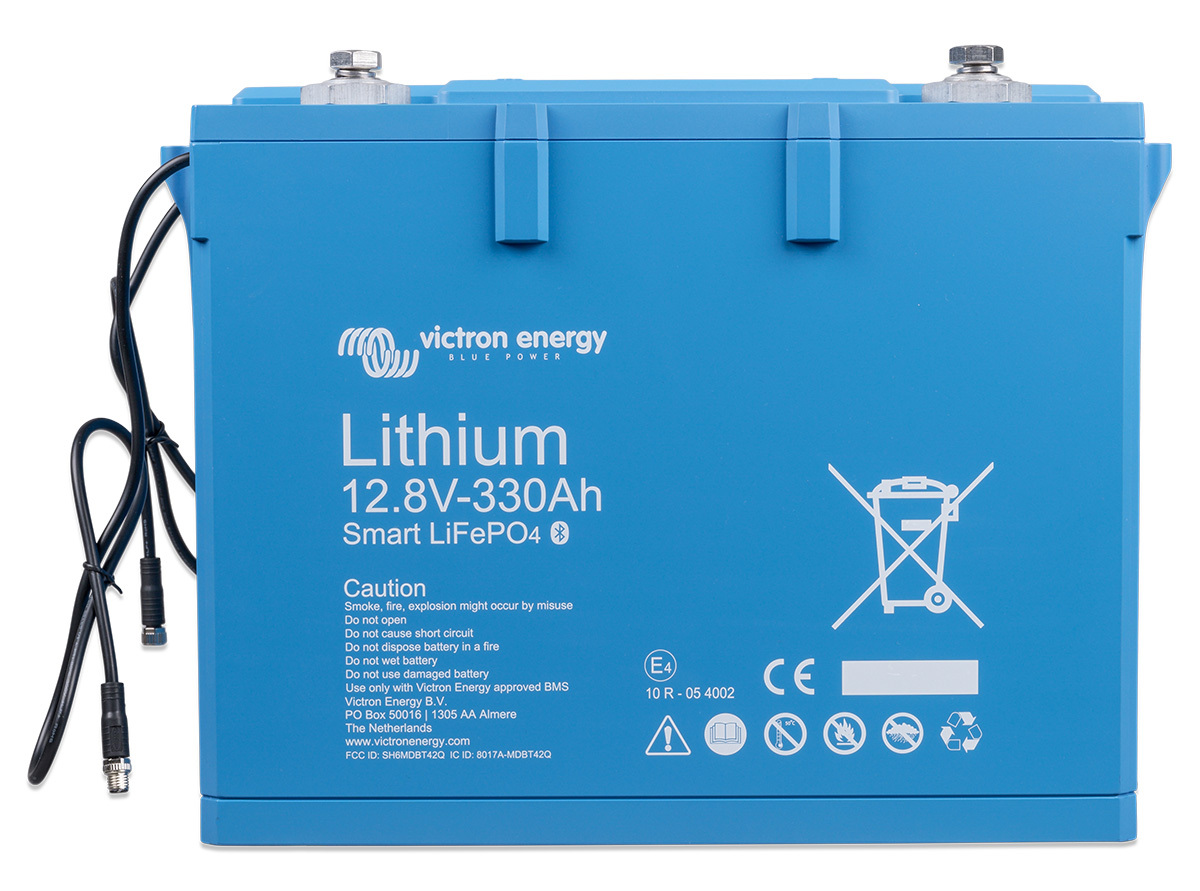In a world driven by technological advancements and a growing need for sustainable energy solutions, lithium batteries have emerged as a game-changer in the realm of energy storage. These lightweight and high-energy-density powerhouses are revolutionizing the way we power our devices, vehicles, and even homes. In this blog, we will explore the fascinating world of lithium batteries, delving into their composition, applications, advantages, and the role they play in shaping a greener future.
Understanding the Basics: Lithium batteries belong to a family of rechargeable batteries that use lithium ions as the primary component in their electrochemistry. Unlike traditional batteries, which rely on chemical reactions that involve the movement of ions between the positive and negative electrodes, lithium batteries use lithium ions to transfer charge.
Composition and Structure: The core of a lithium battery consists of three main components: a positive electrode (cathode), a negative electrode (anode), and an electrolyte. The cathode is typically made of a lithium metal oxide, while the anode is commonly composed of graphite. The electrolyte, which allows the movement of lithium ions between the electrodes, is usually a lithium salt dissolved in a solvent.
Applications: Lithium batteries have found widespread applications across various industries, ranging from consumer electronics to electric vehicles and renewable energy storage. The lightweight and high energy density of lithium batteries make them ideal for powering smartphones, laptops, cameras, and other portable devices. Moreover, electric vehicles (EVs) heavily depend on lithium batteries for their energy storage needs, providing an eco-friendly alternative to traditional fossil fuel-powered vehicles.
Advantages of Lithium Batteries:
- High Energy Density: Lithium batteries boast an impressive energy density, providing more energy storage capacity in a smaller and lighter package compared to other battery technologies.
- Longer Lifecycle: Lithium batteries generally have a longer lifespan compared to traditional batteries, making them a cost-effective choice in the long run.
- Fast Charging: Lithium batteries can be charged at a faster rate, addressing the need for quick and convenient recharging in our fast-paced world.
- Low Self-Discharge: Lithium batteries have a lower self-discharge rate, meaning they can retain their charge for longer periods, making them suitable for intermittent use.
Environmental Impact: While lithium batteries offer numerous advantages, concerns have been raised about their environmental impact. The mining and extraction of lithium, as well as the disposal of old batteries, raise questions about sustainability. However, ongoing research and development efforts aim to address these challenges, with a focus on recycling and sustainable sourcing of raw materials.


Leave a Reply